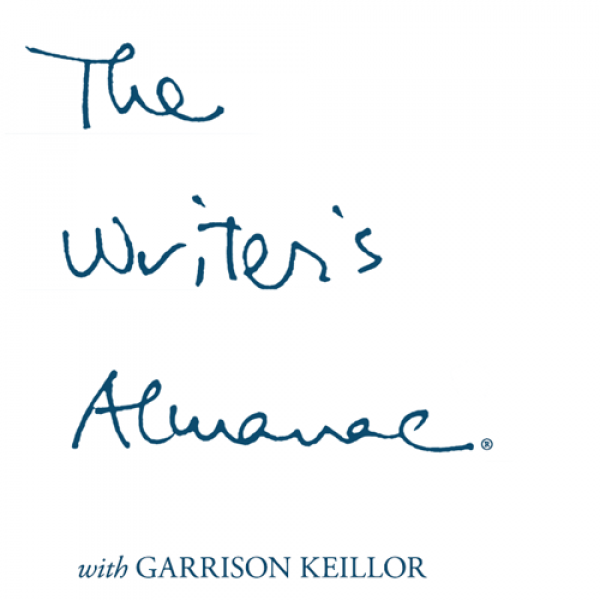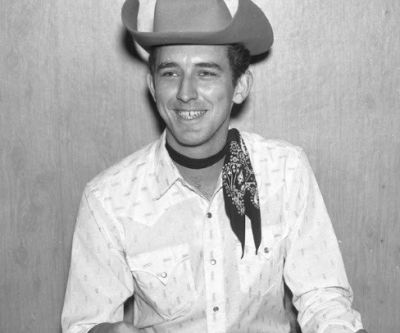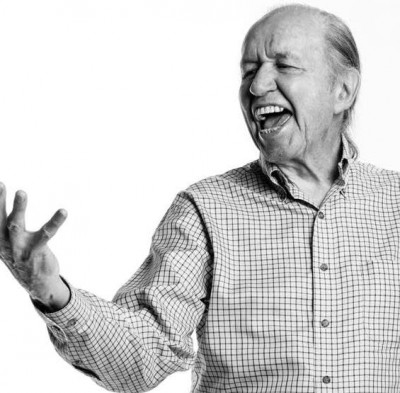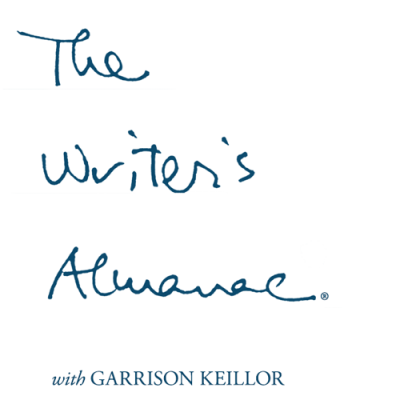December 20, 2018
Tuesday
8:00 p.m.
Minneapolis, MN
Test schedule
A live performance with Robin and Linda Williams at the Cedar Cultural Center
May 20, 2018
Sunday
3:00 p.m.
Lexington, MA
Lexington, MA
A live performance at the Saenger Theatre
April 10, 2018
Tuesday
8:00 p.m.
Tulsa, OK
Tulsa, OK
A live performance at the Brady Theater
March 17, 2018
Saturday
8:00 p.m.
Long Beach, CA
Long Beach, CA
A live performance at the Carpenter Performing Arts Center
March 15, 2018
Thursday
7:00 p.m.
Mobile, AL
Mobile, AL
A live performance at the Saenger Theatre
Excerpts from “Song of Myself” by Walt Whitman. (buy now)
This is the meal equally set, this the meat for natural hunger,
It is for the wicked just the same as the righteous, I make
appointments with all,
I will not have a single person slighted or left away,
The kept-woman, sponger, thief, are hereby invited,
The heavy-lipp’d slave is invited, the venerealee is invited;
There shall be no difference between them and the rest.
This is the press of a bashful hand, this the float and odor of
hair,
This the touch of my lips to yours, this the murmur of yearning,
This the far-off depth and height reflecting my own face,
This the thoughtful merge of myself, and the outlet again.
Do you guess I have some intricate purpose?
Well I have, for the Fourth-month showers have, and the mica
on the side of a rock has.
Do you take it I would astonish?
Does the daylight astonish? does the early redstart twittering
through the woods?
Do I astonish more than they?
This hour I tell things in confidence,
I might not tell everybody, but I will tell you.
20
Who goes there? hankering, gross, mystical, nude;
How is it I extract strength from the beef I eat?
What is a man anyhow? what am I? what are you?
All I mark as my own you shall offset it with your own,
Else it were time lost listening to me.
I do not snivel that snivel the world over,
That months are vacuums and the ground but wallow and filth.
Whimpering and truckling fold with powders for invalids,
conformity goes to the fourth-remov’d,
I wear my hat as I please indoors or out.
Why should I pray? why should I venerate and be ceremonious?
Having pried through the strata, analyzed to a hair,
counsel’d with doctors and calculated close,
I find no sweeter fat than sticks to my own bones.
…
I exist as I am, that is enough,
If no other in the world be aware I sit content,
And if each and all be aware I sit content.
One world is aware and by far the largest to me, and that is
myself,
And whether I come to my own to-day or in ten thousand or
ten million years,
I can cheerfully take it now, or with equal cheerfulness I can
wait.
It was on this day in 1790 that Congress enacted the United States copyright law. The law gave authors exclusive rights to publish and sell maps, charts, and books for a period of 14 years, with a chance to renew the copyright for another 14 years. Noah Webster was one of the first Americans to argue for copyright law, after he realized that he was missing out on profits because people were selling pirated editions of his dictionary Grammatical Institute of the English Language (1783).
There have been many changes to the U.S. copyright law since 1790. In the 19th century, copyrights became available for photographs, paintings, drawings, and models. In 1909, musical rolls for player pianos became covered by the law. In the last 30 years, copyright law has expanded to include cable TV, computer software, tapes, CDs, DVDs, and MP3s.
Copyright terms have also gradually gotten longer. Up until 1998, copyrights lasted for the life of the author plus an additional 50 years before they went into the public domain. But in that year, the Sonny Bono Copyright Term Extension Act extended the duration of copyrights by 20 years
It’s the birthday of Walt Whitman (books by this author), born in West Hills, Long Island, New York (1819). Whitman worked as a printing press typesetter, teacher, journalist, and newspaper editor. He was working as a carpenter, his father’s trade, and living with his mother in Brooklyn, when he read Ralph Waldo Emerson’s essay “The Poet,” which claimed the new United States needed a poet to properly capture its spirit. Whitman decided he was that poet. “I was simmering, simmering, simmering,” Whitman later said. “Emerson brought me to a boil.”
Whitman began work on his collection Leaves of Grass, crafting an American epic that celebrated the common man. He did most of the typesetting for the book himself, and he made sure the edition was small enough to fit in a pocket, later explaining, “I am nearly always successful with the reader in the open air.” He was 37 years old when he paid for the publication of 795 copies out of his own pocket.
Many of Whitman’s poems were criticized for being openly erotic. One of Whitman’s earliest reviews had called the book “a mass of stupid filth,” accusing Whitman of “that horrible sin not to be mentioned among Christians.” But rather than censoring himself, Whitman added 146 poems to his third edition.
He began to grow a literary reputation that swung from genius to moral reprobate, depending on the reader. Thoreau wrote, “It is as if the beasts spoke.” Willa Cather referred to Whitman as “that dirty old man.” Emerson praised Whitman’s collection as “the most extraordinary piece of wit and wisdom America has yet contributed,” and the critic William Michael Rossetti proclaimed that Whitman was a talent on par with Shakespeare.
Whitman left New York when his brother was wounded in the Civil War, traveling to Virginia and then to Washington, D.C., to serve as a volunteer Army hospital nurse. He had a reputation for unconventional clothing and manners. He wrote, “I cock my hat as I please, indoors and out.” With the help of well-placed friends, Whitman eventually found work as a low-level clerk in the Department of the Interior. But when former Iowa Senator James Harlan discovered Whitman worked in his department, he had him dismissed, proclaiming Leaves of Grass was “full of indecent passages,” and that Whitman himself was a “very bad man” and a “free lover.”
Whitman’s friend William Douglas O’Connor immediately came to his defense. He arranged for Whitman to be transferred to the attorney general’s office, and he published a pamphlet refuting Harlan’s charges. Titled The Good Gray Poet: A Vindication, the small book praised Whitman’s “nobleness of character” and went on to quote from positive reviews — and to ridicule Harlan as an under-read philistine.
The pamphlet became more than a vindication: it helped to radically alter the average reader’s perception of Whitman as both a writer and as a man: Out with the image of the bawdy nonconformist and in with the “good gray poet,” the nickname for Whitman that is still popular to this day.
Whitman spent the last 20 years of his life revising and expanding Leaves of Grass, issuing the eighth and final edition in 1891, saying it was “at last complete — after 33 y’rs of hackling at it, all times & moods of my life, fair weather & foul, all parts of the land, and peace & war, young & old.”
Today, most scholars agree that Whitman was likely gay. When he was asked directly, toward the end of his life, Whitman declined to answer. But he did say, shortly before he died, that sex was “the thing in my work which has been most misunderstood — that has excited the roundest opposition, the sharpest venom, the unintermitted slander, of the people who regard themselves as the custodians of the morals of the world.”






